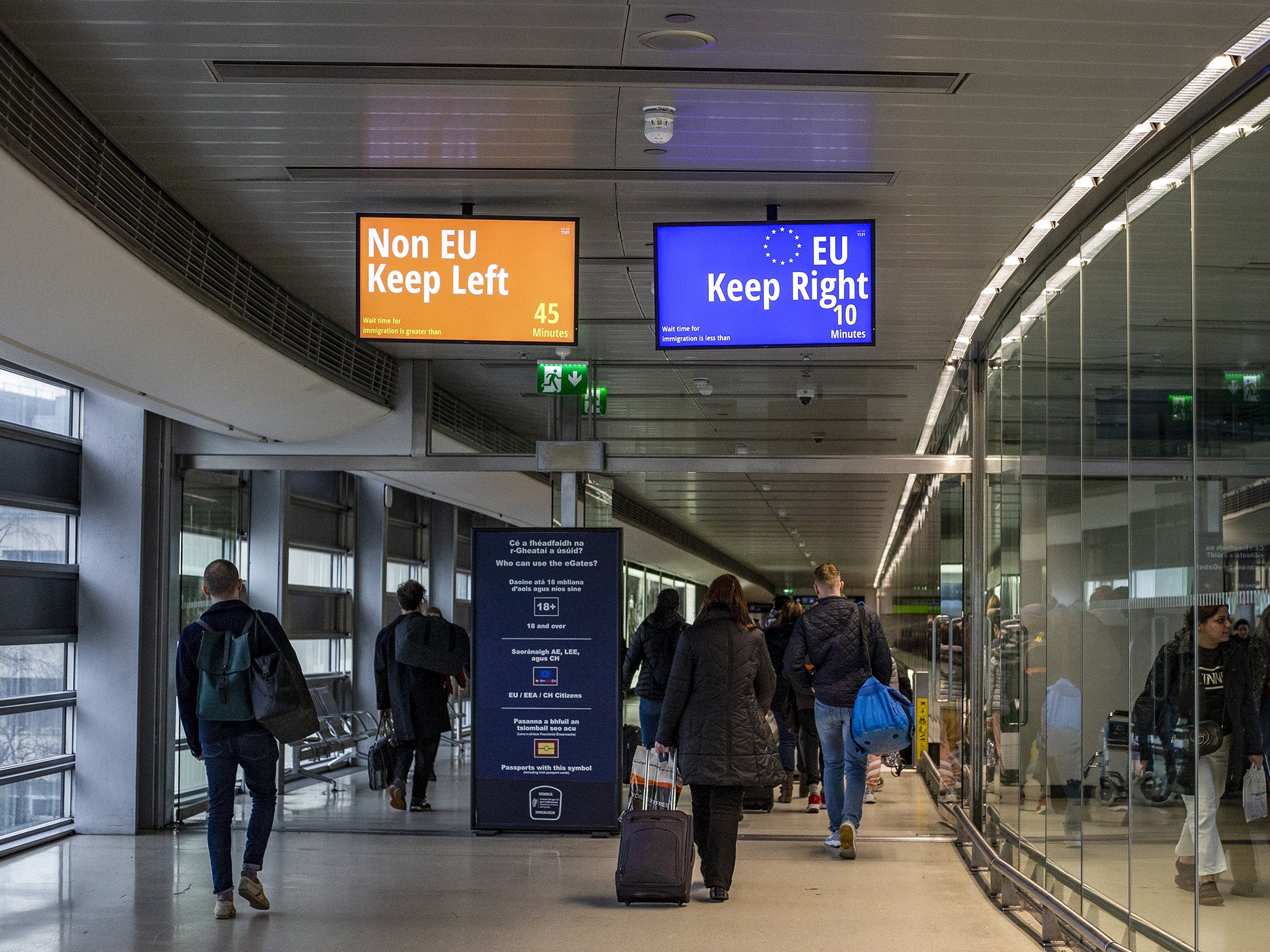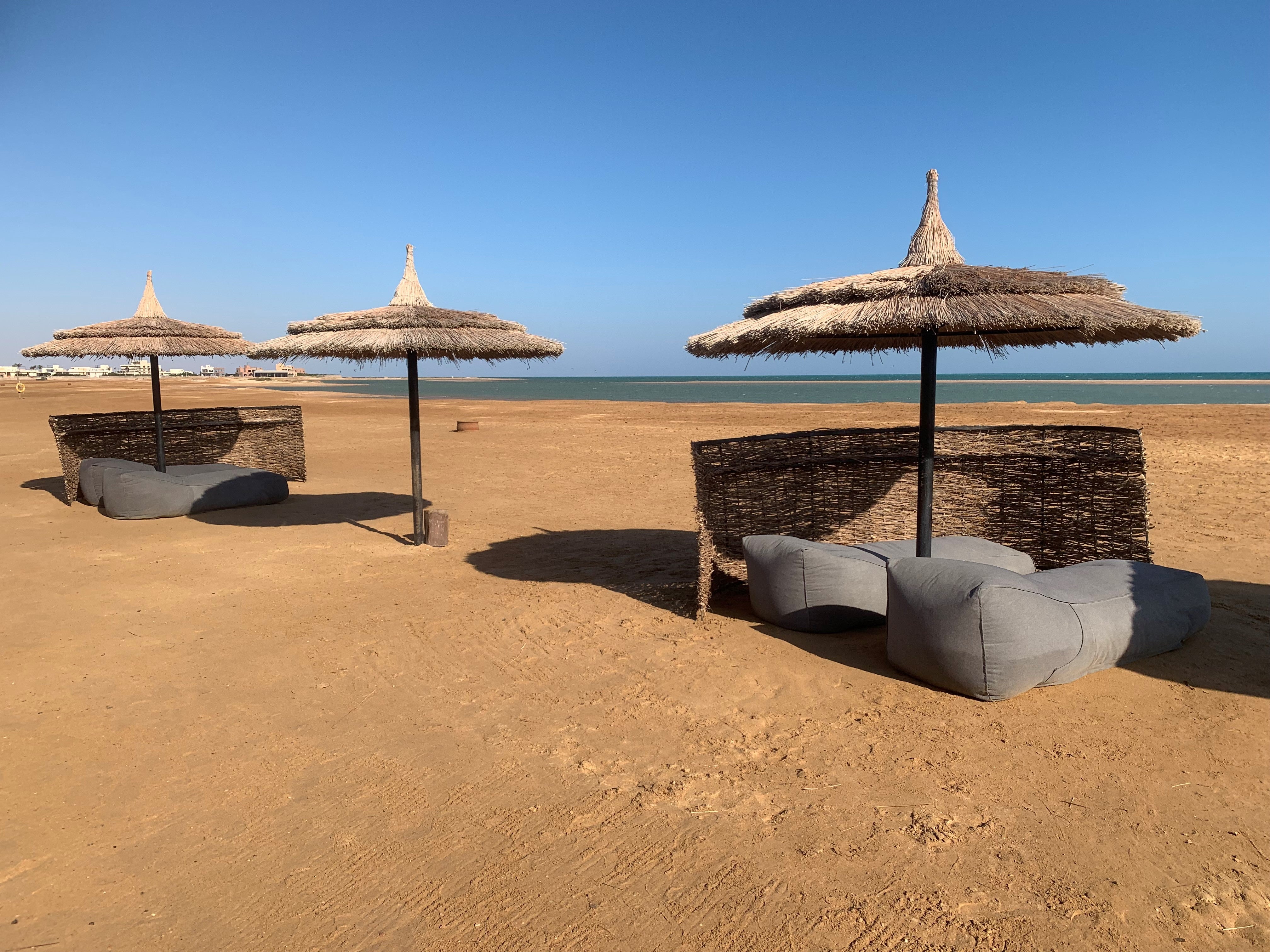Is it possible to get to Angel Falls safely?
Simon Calder answers your questions on trips to Venezuala, Brexit red tape, and delayed flights to Egpyt

Q Is it possible to get to Angel Falls, given the current situation in Venezuela?
Edson
A When I surveyed travellers in an online social media poll, the Angel Falls of Venezuela came in third – behind Niagara (Canada/US) and Victoria (Zambia/Zimbabwe) – but ahead of the other South American great, Iguacu (Brazil/Argentina). The Angel Falls beats all others for scale. It is the highest in the world at almost 1km high, including a main plunge of 807m. The location is named after Jimmie Angel, who found the falls while prospecting in the Venezuelan jungle.
I am sorry to say that, although I have hugely enjoyed repeated visits to Venezuela, I have not yet managed to reach Angel Falls. And right now, I have no idea when conditions in Venezuela will be safe and calm enough to travel there.
The Foreign Office warns against travel to Venezuela, “due to ongoing crime and instability”. The official advice says: “Almost all states outside Caracas are experiencing increased crime and instability, including prolonged power cuts as well as water and fuel shortages and a general lack of essential services.”
The US State Department – no friend of the regime of president Nicolás Maduro – warns about murder, armed robbery, carjacking and kidnapping. It advises visitors: “Establish a ‘proof of life’ protocol with your loved ones, so that if you are taken hostage, your loved ones know specific questions (and answers) to ask the hostage-takers to be sure that you are alive (and to rule out a hoax).”
The fragile and dangerous state of the nation is a tragedy for the Venezuelan people. It also means that travel is on a scale from foolhardy to unwise, with the once-flourishing tourism industry destroyed.
Once Venezuela is in a fit state to welcome visitors once again, I will be first in the queue. But in the region around Angel Falls, I will also watch out for the bothrops atrox snake (also known as the common lancehead), which kills more people in South America than any other reptile.

Q I have dual British and Canadian nationality with passports from each country. Because of Brexit, using my UK passport for EU country visits racks up my permitted days tally very quickly. But for some of those countries, no visa is needed for Canadian passport holders. So I could use that passport to “soak up” some of the permitted days. I am confused, though, on how to do this.
I have been told to always use my UK passport to re-enter Britain, which makes sense. But how do I use my Canadian passport for a trip to Spain?
Name supplied
A The “90/180-day” rule means British passport holders are strictly limited in the amount of time they can spend in the European Union (and wider Schengen Area, including Iceland, Norway and Switzerland). Canadian citizens are treated exactly the same. The government in Ottawa says: “Canadian citizens do not need a visa for travel to countries within the Schengen area. However, visa-free travel only applies to stays of up to 90 days in any 180-day period.”
I cannot provide encouragement to circumvent any regulations but I can directly answer how you use your Canadian passport for a trip to Spain. Ensure that you provide the airline with the Canadian passport details when checking in for your flight. This will ensure that the advance passenger information (API) aligns with the document you are using to enter Spain (there are no checks on the way out of the UK, except by airline ground staff).
On arrival, you line up with all the British passport holders in the non-EU queue and get yours stamped. In theory, frontier officials can be inquisitive, insisting that you provide “evidence of sufficient means of subsistence” and proof of accommodation as well as an onward or return ticket from Spain. I have not heard of this happening to anyone, though.
Returning to Britain, you will need to queue up to be stamped out of Spain. There is no impediment to leaving Spain on a Canadian passport and, a couple of hours later, arriving in the UK with a British passport. For the purposes of API, though, you should check in for the flight home with your British passport if that is the one you will be using to re-enter the UK. Airlines routinely allow passengers to use different documents for different legs of a flight.

Q We’ve just been informed that our Saturday night easyJet flight from Hurghada in Egypt to Bristol is delayed until Sunday lunchtime. The airline has offered accommodation. But are we still entitled to the statutory compensation, though, as the flight was simply late setting off?
James M
A How frustrating for you. I can imagine at the end of a Red Sea holiday you were ready for your late evening flight home – only to learn that you will be 15 hours later than scheduled. The problem was this: the Airbus A320 that is due to operate your flight was delayed for nearly three hours yesterday morning after a Bristol-Alicante round trip, presumably because of the ongoing air-traffic control industrial action in France.
The outbound plane left Bristol two hours late. The flight is one of the longest in the easyJet schedules – more than 2,500 miles. The eastbound journey time is scheduled for over five hours, and the westbound back to Bristol is even longer (due to the effects of the jet stream). Like other low-cost airlines, easyJet operates such flights with a single crew. It is a long day for the pilots and cabin crew, and there are strict rules about duty hours. Evidently, the airline took the view that it would not be feasible to operate the trip within those hours after a two-hour delay, and took the decision to “nightstop” the plane overnight at the Egyptian airport.
An alternative might have been to fly you most of the way back, eg to somewhere like Milan, and then stay overnight until another crew could be found to complete the journey. But given the extra hassle that would involve, in your position I would be glad to have found out in good time of the disruption. From experience of going through all the security palaver at Hurghada airport earlier this year, at least (it appears) you were not yet at the airport and do not have to suffer it twice.
The episode will be costing easyJet tens of thousands of pounds in accommodation, etc, and the airline is in no mood to hand over another £520 per person in cash compensation. The carrier specifies: “The disruption to your flight is outside of our control and is considered to be an extraordinary circumstance.” A lawyer might seek to challenge this assertion, claiming that easyJet should have extra resources at Bristol airport for just such an occasion. But I would be surprised if that argument were to succeed. Instead, I suggest you put it down to experience and try to enjoy an unexpected final evening and morning beside the Red Sea.
Email your question to [email protected] or tweet @simoncalder


Join our commenting forum
Join thought-provoking conversations, follow other Independent readers and see their replies
Comments